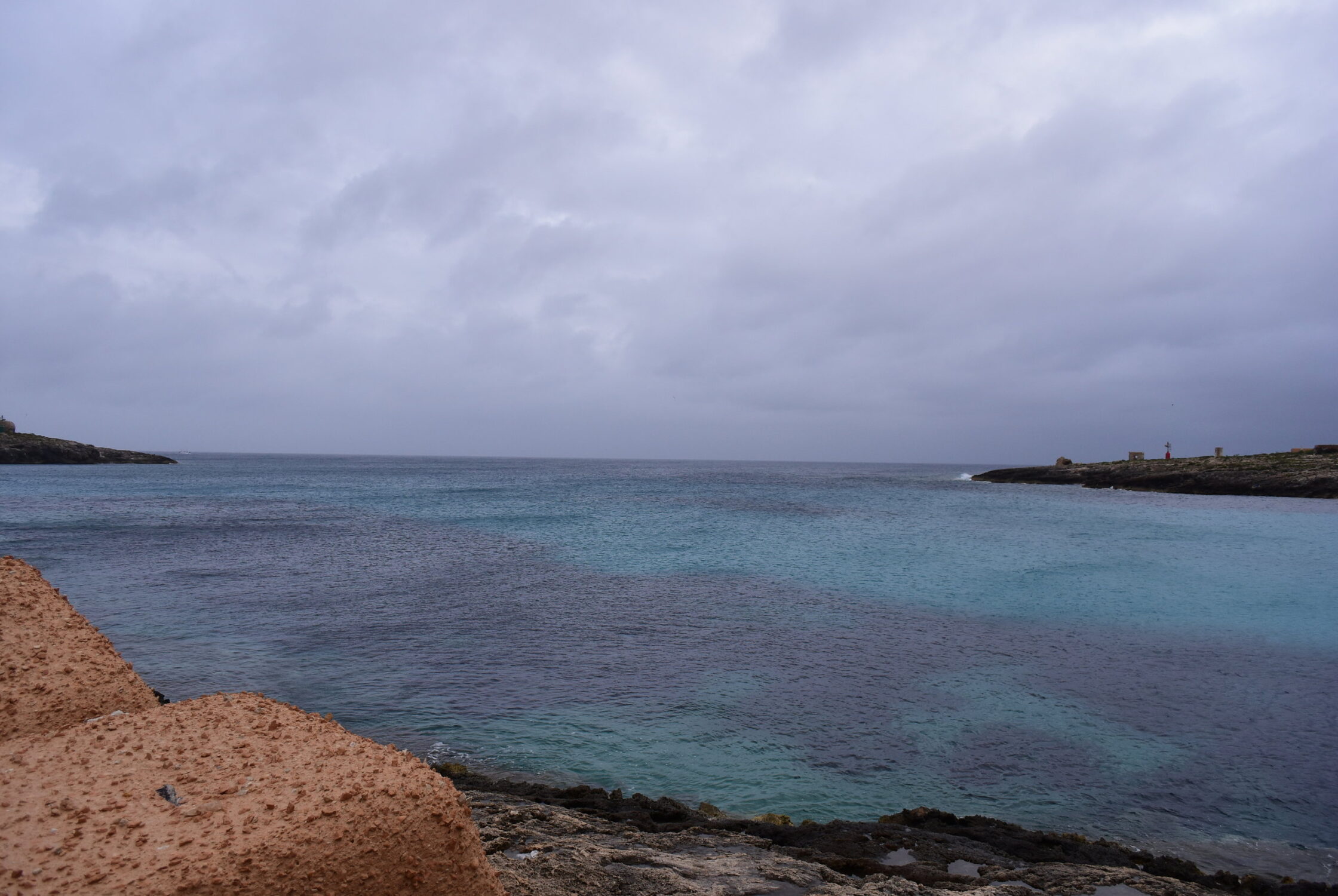Refugees International Opposes Italy’s Plan to Send Navy Ships into Libyan Waters

Refugees International is deeply concerned by the Italian government’s plan to enter Libya’s territorial waters to assist the Libyan coastguard with the interception of migrants and refugees attempting the Central Mediterranean Sea crossing to Europe.
The plan was approved by Italy’s parliament on August 2, and, according to news reports, an Italian Navy ship entered Libyan waters within minutes of the vote. In a June 2017 report entitled Hell on Earth: Abuses Against Refugees and Migrants Trying to Reach Europe from Libya, Refugees International documented grave human rights abuses against migrants and refugees in Libya, including by the Libyan coast guard and in official detention centers. Such abuses include arbitrary detention, beatings, rape, forced labor, and unlawful killing.
“It is no secret that migrants and refugees who are intercepted and returned by the Libyan coast guard face horrific abuses in Libya’s migrant detention centers,” said Izza Leghtas, senior advocate for Europe at Refugees International. “By engaging in these operations, the Italian government would be knowingly complicit in these abuses.”
Italy now receives the vast majority of refugees and migrants arriving in Europe. Since the beginning of this year, 94,802 people have arrived on Italy’s shores, with 2,221 people are recorded as dead or missing in making the attempt. While EU naval operations in the Central Mediterranean conduct rescue operations, they are primarily tasked with border control, fighting smuggling networks, enforcing the arms embargo against Libya, and training the Libyan coast guard and navy. Their core mandates do not include proactive search and rescue.
The new plan follows a series of efforts by the Italian government and the European Union to reduce arrivals of refugees and migrants from Libya to Italy. On July 28, the European Commission announced a 46 EUR million program to strengthen Libya’s border and coast guards. This funding is in addition to 90 EUR million to assist refugees and migrants in Libya. RI is alarmed that these measures – which, if implemented, would result in higher numbers of people being returned to Libyan territory – are not accompanied by mechanisms to monitor the Libyan authorities’ compliance with the human rights of migrants and refugees. A key recommendation of RI’s June report is the deployment of independent human rights monitors in Libya, as well as an independent investigation into reports of rampant sexual abuses against refugees and migrants in Libya.
“Italy’s struggle to cope with refugees and migrants arriving on its shores is not an excuse for turning its back on its human rights obligations.”
Izza Leghtas, Senior Advocate for Europe
Libyan law criminalizes irregular entry and stay in the country. People without regular status face imprisonment with forced labor or a fine, and expulsion once they have completed their sentence. The law does not distinguish between people in need of international protection, victims of human trafficking, and others. Libya has not ratified the 1951 Refugee Convention or its Protocol.
In a 2012 ruling, the European Court of Human Rights found that Italy’s interception and return of refugees and migrants to Libya in 2009 violated the prohibition of torture and other ill-treatment under the European Convention on Human Rights.
“Italy’s struggle to cope with refugees and migrants arriving on its shores is not an excuse for turning its back on its human rights obligations,” Leghtas said. “The sea between Libya and Italy is the deadliest migrant route in the world, and the Italian and other EU governments should focus on strengthening search and rescue. Saving lives is the real urgency here.”